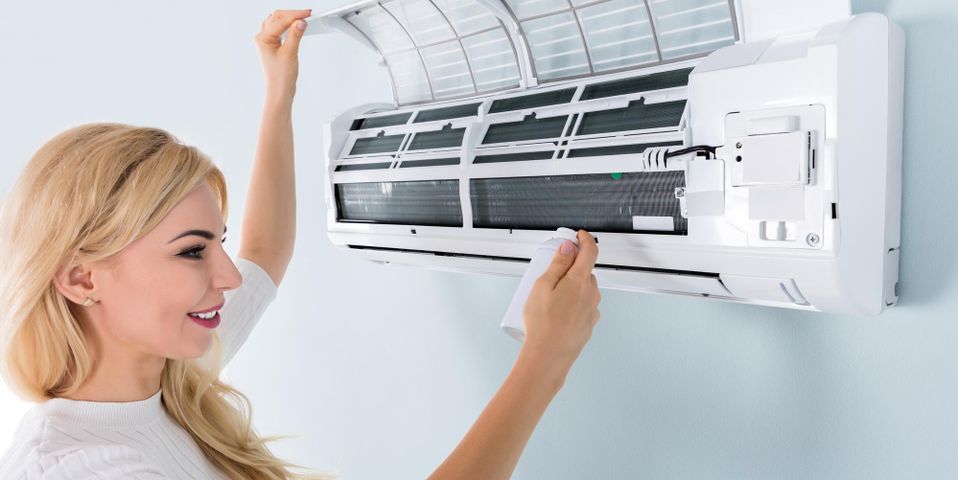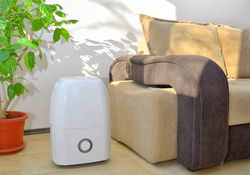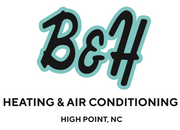How Does Your Home HVAC Installation Affect Air Quality?

When most homeowners think of their HVAC installation, they primarily focus on the system’s ability to efficiently heat or cool the home. However, this equipment can also affect indoor air quality, particularly when it comes to levels of dust and other contaminants in the air. Here’s a closer look at how your system may be influencing your indoor air quality and what can be done to improve it.
The Influence of Your HVAC Installation
Your HVAC system pushes air through ductwork to get to each room in the house, and it can easily pick up dust and other airborne pollutants along the way. Air filters trap most of these contaminants, but they must be regularly cleaned and replaced to provide consistent performance. Proper ventilation is also essential for your HVAC system. Instead of cycling interior air, bring in fresh, outside air to clear contaminants and improve indoor air quality. Many systems benefit from the installation of an extra ventilator.
Non-System Devices
 These additional devices are relatively small and can be placed anywhere in the home to ensure consistent air quality throughout the year. Air purifiers trap dust, pollen, and bacteria that isn’t captured by the HVAC’s air filters. Humidifiers can increase indoor humidity during the dry winter months to help you avoid respiratory issues, while dehumidifiers remove moisture from the air during the summer to limit the potential for mold and dust mite growth.
These additional devices are relatively small and can be placed anywhere in the home to ensure consistent air quality throughout the year. Air purifiers trap dust, pollen, and bacteria that isn’t captured by the HVAC’s air filters. Humidifiers can increase indoor humidity during the dry winter months to help you avoid respiratory issues, while dehumidifiers remove moisture from the air during the summer to limit the potential for mold and dust mite growth.
If you need help maintaining your HVAC installation, contact B & H Heating & Air Conditioning in North Carolina. This local company serves the High Point, Thomasville, and Triad areas and is fully licensed, bonded, and insured. Their team of expert HVAC contractors provides installation, repair, and maintenance of heating and cooling systems, and all services come with a one-year warranty. Send a message online or call (336) 841-5050 to speak with a specialist.
About the Business
Have a question? Ask the experts!
Send your question

